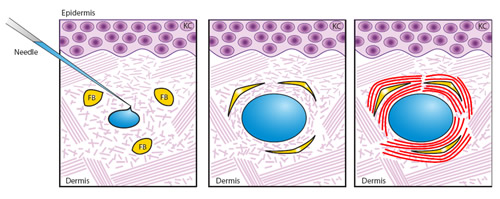Know Science And Want To Write?
Donate or Buy SWAG
Please donate so science experts can write
for the public.
At Science 2.0, scientists are the journalists,
with no political bias or editorial control. We
can't do it alone so please make a difference.
We are a nonprofit science journalism
group operating under Section 501(c)(3)
of the Internal Revenue Code that's
educated over 300 million people.
You can help with a tax-deductible
donation today and 100 percent of your
gift will go toward our programs,
no salaries or offices.
- Soft Robot With Inflatable Actuators And Kirigami Skin Debuts
- Taurine’s Anti-Aging Hype Takes A Hit In Rigorous New Study
- Hurricanes: Water, Not Wind, Is Deadliest
- Decline In Male Fertility Linked To Getting Paid Family Leave
- Lemons To Lemonade Is Like Soda Cans To Hydrogen
- WISEcode: Psychologist Proposes A New Way To Exempt Processed Foods From Harm Claims
- Phytosterols In Vegetarian Diets Linked To Lower Risk Of Diabetes
-
 IrishNeanderthal
IrishNeanderthal From TCW Defending Freedom, formerly The Conservative Woman: 31st May: Never forget - it's...
MAHA Report Is A Bridge Too Far Against Farming | Science 2.0 · 1 week ago
-
 Berkshire_Bee
Berkshire_Bee The usual way to drive into the main Reading University campus is lined with young oak trees, the trunks of which are covered with lichens like these:...
-
 Anonymous Snowboarder Needs Sn
Anonymous Snowboarder Needs Sn That sounds like an awesome experience. Besides time for observations, how many days are appropriate to visit and not be rushed?
-
 Clay Baggins
Clay Baggins Simple answer...No. You should ask, "Does the Perception of Human Caused Global Warming Prompt an Excuse to Go To War." There is no global warming being caused by Co2 generated by humans....
-
 David Brown
David Brown "... countless galaxies of all shapes and brightness ..." Why does Milgrom's MOND seem to correctly model galactic rotation curves? Is MOND essential for understanding the structure...










